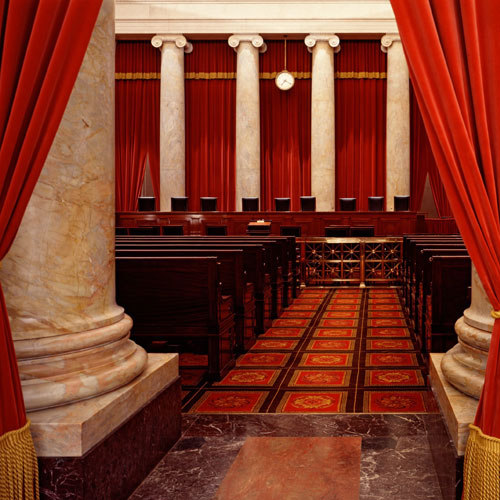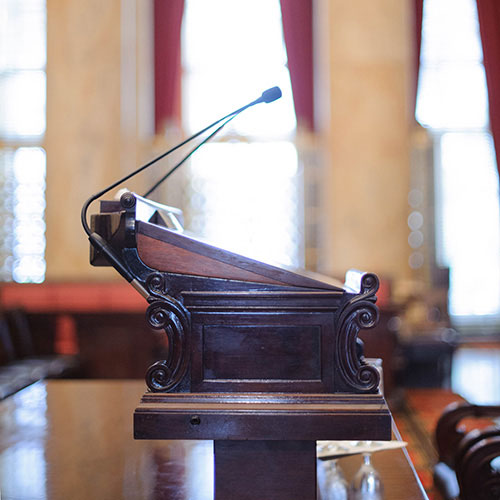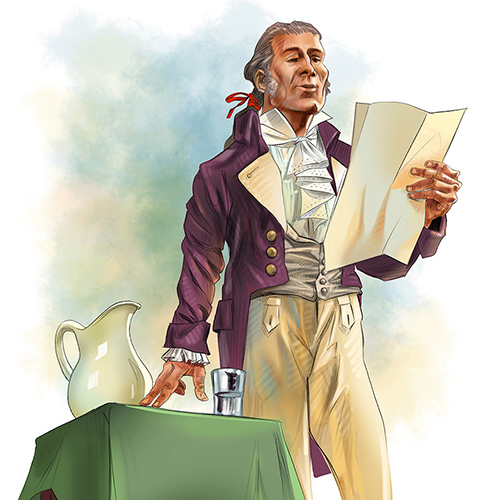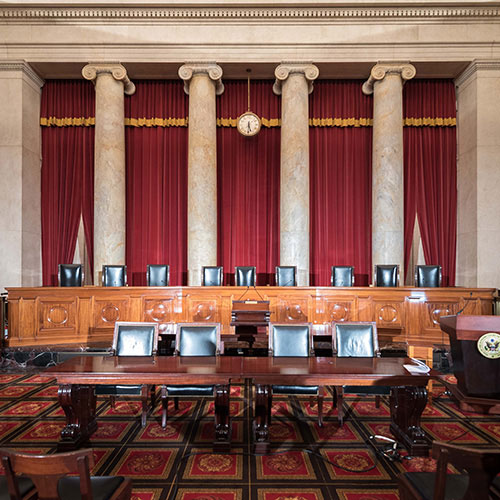The Supreme Court Historical Society (“Society”) is a not for profit 501(c)(3) membership organization dedicated to preserving and collecting the history of the Supreme Court of the United States, increasing public awareness of the Court’s contribution to our nation’s rich constitutional heritage, and acquiring knowledge covering the history of the entire Judicial Branch. In its Opperman House Library, the Society houses one of the finest collections of judicial biographies, Justices’ writings, and histories of the Court. The Society conducts educational programs for students and teachers, and programs of interest to legal practitioners, scholars, historians, and the general public. The Society supports historical research, promotes scholarship, and engages in civic education outreach. It also funds a print and digital publishing program that produces the Journal of Supreme Court History, reference books, documentary history, webcasts, and civic documentaries. Additionally, the Society identifies and acquires artworks, furniture, documents and artifacts of significance to Supreme Court history that are incorporated into exhibits prepared by the Supreme Court Curator’s Office for the benefit of the Court’s one million annual visitors.
About the Society
The Supreme Court Historical Society is a private non-profit organization, incorporated in the District of Columbia in 1974. The Society is dedicated to the collection and preservation of the history of the Supreme Court of the United States.
The Society seeks to accomplish its mission by supporting historical research, collecting antiques and artifacts relating to the Court’s history, sponsoring lectures or educational curriculum, and publishing books and other materials which increase public awareness of the Court’s contribution to our Nation’s rich constitutional heritage.
“Much of the history of the Supreme Court can be found in memorabilia, art, and documents that have gathered dust for too long in storerooms and attics. Some have been lost forever, because of carelessness, or neglect, or the failure to appreciate their worth, or the absence of any plan to preserve them. I am confident that the Society will reverse that trend and will acquire significant materials and preserve them for future generations. Equally important, it will encourage research on all aspects of the Court and on the rich and varied traditions and personalities that are part of its history.”
— Chief Justice Warren E. Burger, November 1974




